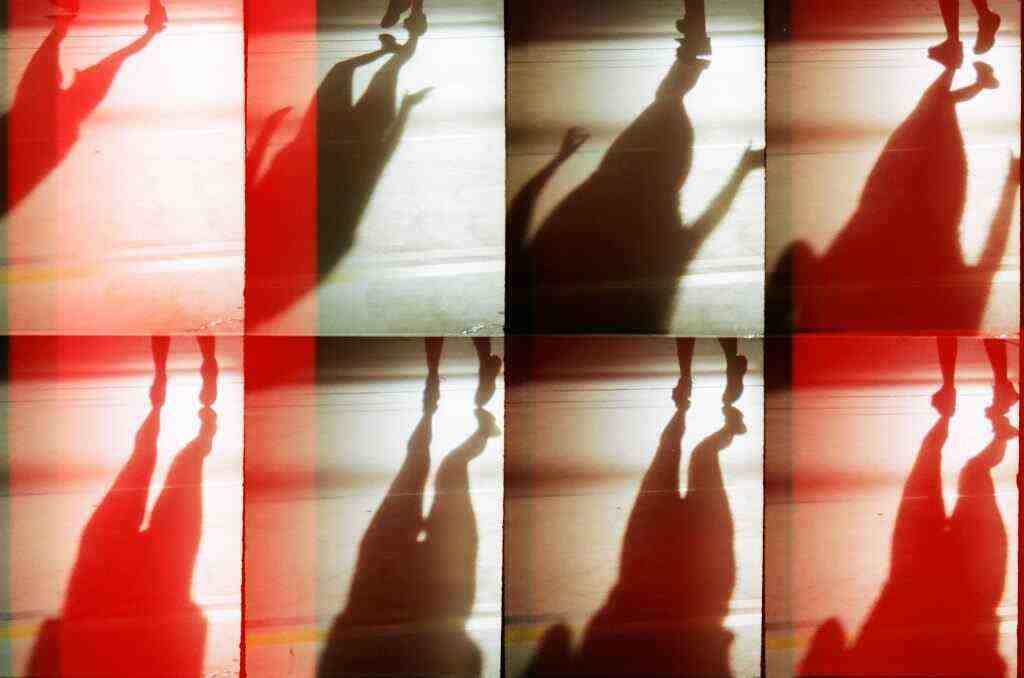Hazbin Hotel: A Visually Striking Yet Incomplete Vision
In the realm of animated comedy, “Hazbin Hotel” emerged as a captivating vision, captivating audiences with its striking visuals and intriguing premise. However, as the eight-episode season unfolded, it became evident that the series struggled to translate its grand ideas into a cohesive narrative.
A Unique Origin Story
The brainchild of Vivienne Medrano, founder of the YouTube channel VivziePop, “Hazbin Hotel” embarked on a remarkable journey from a bootstrapped pilot episode to a full-fledged series on Amazon Prime Video. Medrano’s artistic passion and the overwhelming support from the online community propelled the concept to the attention of A24, a prestigious studio known for its unconventional projects.
A World of Demons and Exterminations
The series plunges viewers into a grim yet fascinating world, where a horde of demons languishes in eternal damnation within the confines of Hell. This infernal realm is subjected to periodic mass exterminations, orchestrated by armies from Heaven, aiming to keep the potential power of Hell in check. The protagonist, Charlotte Morningstar, the Princess of Hell, narrates the exposition, revealing the pivotal role her parents, Lilith and Lucifer, played in inadvertently unleashing Hell upon mankind.
Striking Visuals and Gothic Maximalism
“Hazbin Hotel” boasts visually stunning animation, showcasing Medrano’s artistic prowess and her passion for the project. The series is characterized by a distinct Gothic maximalist aesthetic, reminiscent of the virtual communities that inspired Medrano’s artistic style. The characters are rendered in striking silhouettes, adorned with exaggerated features and vibrant colors, creating a captivating and unique visual experience.
Unclear Cosmology and Motivations
Despite the captivating visuals, “Hazbin Hotel” falters in establishing a coherent cosmology and defining the motivations of its characters. The series introduces concepts such as demons, sinners, and exterminations without fully exploring their implications or interrelationships. The central premise, involving Charlie’s establishment of the titular hotel as a rehabilitation center for wayward souls, raises questions about its feasibility and the attitude of Heaven towards such an endeavor. The lack of clarity surrounding these fundamental aspects undermines the series’ ability to engage viewers on a deeper level.
Conventional Morality in an Unconventional Setting
One of the most perplexing aspects of “Hazbin Hotel” is its adherence to conventional morality, which seems incongruous with its setting in Hell. The series portrays a binary view of good and evil, with Heaven as the epitome of righteousness and Hell as the embodiment of depravity. This simplistic moral framework feels outdated and fails to explore the potential for nuance and complexity within the context of Hell. The portrayal of characters like Angel Dust, a porn star struggling with addiction and abuse, perpetuates tired tropes without offering any fresh insights or critical commentary.
Inconsistent Tone and Disjointed Musical Numbers
“Hazbin Hotel” struggles to maintain a consistent tone throughout its episodes. The series oscillates between heartfelt moments, comedic interludes, and dark, disturbing imagery, often within the same episode. This tonal inconsistency disorients viewers and prevents them from fully immersing themselves in the narrative. The musical numbers, intended to provide moments of levity and emotional resonance, often feel disjointed from the rest of the narrative. They lack the irreverence or irony that could elevate them beyond straightforward anthems, leaving viewers unsure of how to engage with them emotionally.
Conclusion: A Promising Start in Need of Further Development
“Hazbin Hotel” showcases Vivienne Medrano’s artistic talent and her ability to create visually striking animation. However, the series falls short in translating its grand ideas into a coherent and engaging narrative. The lack of clarity regarding the cosmology, character motivations, and moral framework hinders the series’ ability to captivate viewers. While the show has come a long way since its bootstrapped beginnings, it still requires further development to function effectively as a full season of television.
